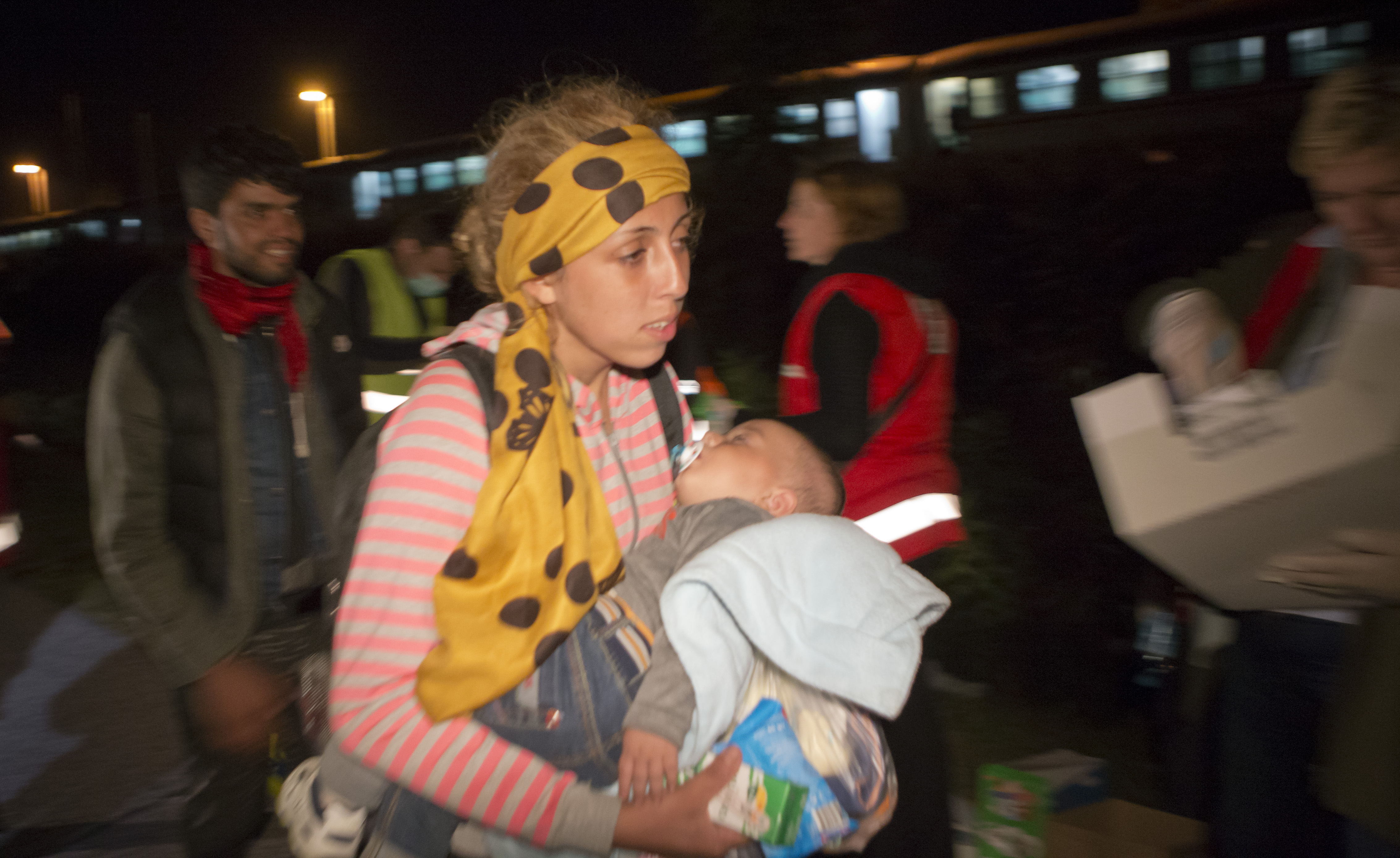European Union interior ministers agreed to shelter 120,000 refugees from Middle Eastern wars and civil strife, while continuing to feud over which countries will take them in.
The officials dealt with a small part of the refugee crisis at a meeting in Brussels on Tuesday, as a new study predicted that the EU could be the destination of 1 million migrants a year for some time to come.
"What we've decided today is an important building block, but not more," German Interior Minister Thomas de Maiziere told reporters. "It's not just a matter of relocating 120,000 people in need of help, we need more fundamental solutions."
















With your current subscription plan you can comment on stories. However, before writing your first comment, please create a display name in the Profile section of your subscriber account page.